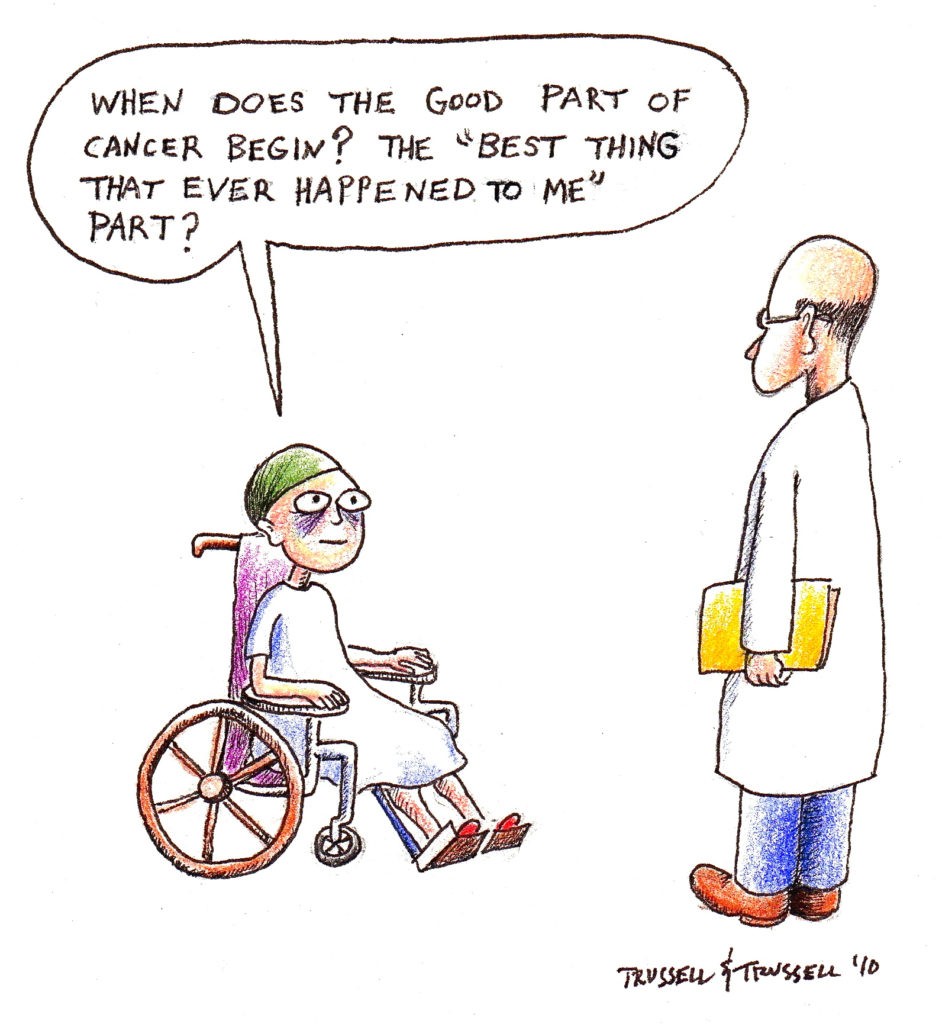Leave a Comment:
1 comment
[…] Reduce Liver Toxicity In Pediatric Acute Lymphoblastic Leukemia (ALL) […]
Reply
Learn about conventional, complementary, and integrative therapies.
Dealing with treatment side effects? Learn about evidence-based therapies to alleviate your symptoms.
Click the orange button to the right to learn more.

While great strides against acute lymphoblastic leukemia (ALL) have been made over the last 20 years, it is important to understand the possible side effects of toxic chemotherapy, especially on kids with their whole lives ahead of them.
I am a long-term survivor of a blood cancer. I underwent aggressive chemotherapy regimens that caused damage to many of my internal organs. I was 35 years old at the time of my therapies and in pretty good physical condition. I can tell you without equivocation that aggressive chemotherapy causes liver damage in most if not all pediatric cancer patients.
The challenge is that this toxic therapy may be the best chance that the patient has to live. I believe that the solution is to supplement with milk thistle. The study linked and excerpted below explains that
Please don’t expect your oncologist to talk about the damage caused by chemotherapy. Conventional oncology has to focus on FDA approved therapies. And milk thistle is not approved by the FDA…
I am a cancer survivor and cancer coach. I supplement with Life Extension European Milk Thistle. Life Extension supplements continuously are evaluated and approved by Consumerlab.com, an independent testing company.
Scroll down the page, post a question or a comment and I will reply to you ASAP.
Hang in there,
David Emerson
“RESULTS: Fifty children were enrolled. No significant differences in frequency of side effects, incidence and severity of toxicities, or infections were observed between groups. There were no significant changes in mean amino alanine transferase (ALT), aspartate amino transferase (AST), or total bilirubin (TB) at Day 28. At Day 56, the MT group had a significantly lower AST (P = .05) and a trend toward a significantly lower ALT (P = .07). Although not significantly different, chemotherapy doses were reduced in 61% of the MT group compared with 72% of the placebo group. In vitro experiments revealed no antagonistic interactions between MT and vincristine or L-asparaginase in CCRF-CEM cells. A modest synergistic effect with vincristine was observed.
CONCLUSIONS: In children with ALL and liver toxicity, MT was associated with a trend toward significant reductions in liver toxicity. MT did not antagonize the effects of chemotherapy agents used for the treatment of ALL. Future study is needed to determine the most effective dose and duration of MT and its effect on hepatotoxicity and leukemia-free survival.
[…] Reduce Liver Toxicity In Pediatric Acute Lymphoblastic Leukemia (ALL) […]
Reply